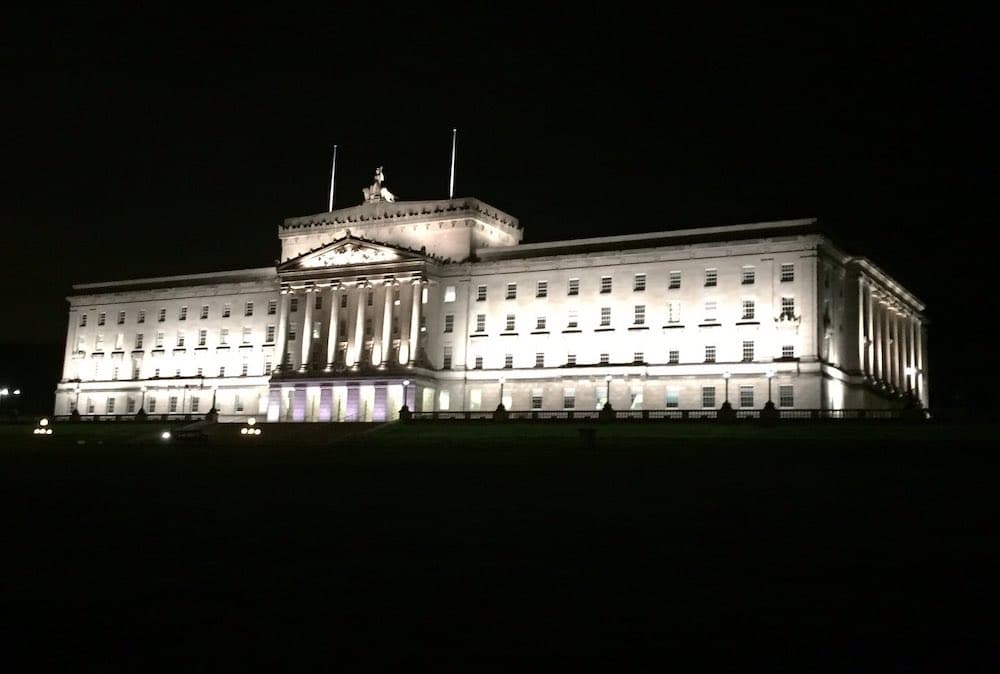
The Department of Health has warned of “further impairment of already pressurised services” after Royal College of Nursing members voted unanimously in favour of strike.
Nursing staff in Northern Ireland first took strike action in 2019 over safe staffing and pay.
Action ceased when pay parity with the rest of UK was restored and the Northern Ireland Executive agreed a framework for safe staffing legislation.
Since then, the RCN says nursing staff in Northern Ireland have once again fallen out of pay parity with UK colleagues due to “the lack of a functioning Executive”.
For the first time in its 106-year history the RCN has balloted members across the UK on strike action and urged them to vote in favour.
The first industrial action – for which the ballot returned overwhelming support – is expected before the end of the year.
GMB members working in the Northern Ireland health service have also voted for industrial action and ballots are ongoing at other health unions.
The Department of Health said this evening (Wednesday) that is acknowledges the outcome of the RCN ballot on industrial action.
The Department says it “shares the frustration of NI health care staff at the ongoing absence of a pay award for this year”.
And a spokesperson added: “Due to unprecedented circumstances, we have been unable to progress with national NHS pay body recommendations for 2022/23. A NI public sector pay policy is not in place for this year and very significant financial pressures are facing this Department and the wider NI public sector.
“We will continue to liaise with the Northern Ireland Office in relation to our financial position.
“We greatly value our health care staff and very much regret that so many of them believe industrial action is necessary.
“Northern Ireland’s health and social care system is planning for a very difficult winter period.
“In the event of strike action proceeding, the Department and HSC Trusts will work closely with trade unions with a view to protecting critical services as much as possible.
“However, there will inevitably be an impact on patient care, and further impairment of already highly pressurised services.”
The outcome of today’s ballot comes on a day when Secretary of State Chris Heaton-Harris extended the deadline for a Northern Ireland election.
It is being called over the failure to form an Executive, which has not been in place since the spring-time.
The original 12 weeks in which to call a new Assembly poll has now been put back, meaning that an election may not now take place until next spring.
The new deadline by which a poll must be held is April 13.
At the same time, in response to public ire at the ongoing situation, MLAs are expected to have their salaries cut by 27.5 per cent.
That equates to around £14,000 per annum from an Assembly member’s £51,500 annual wage.


